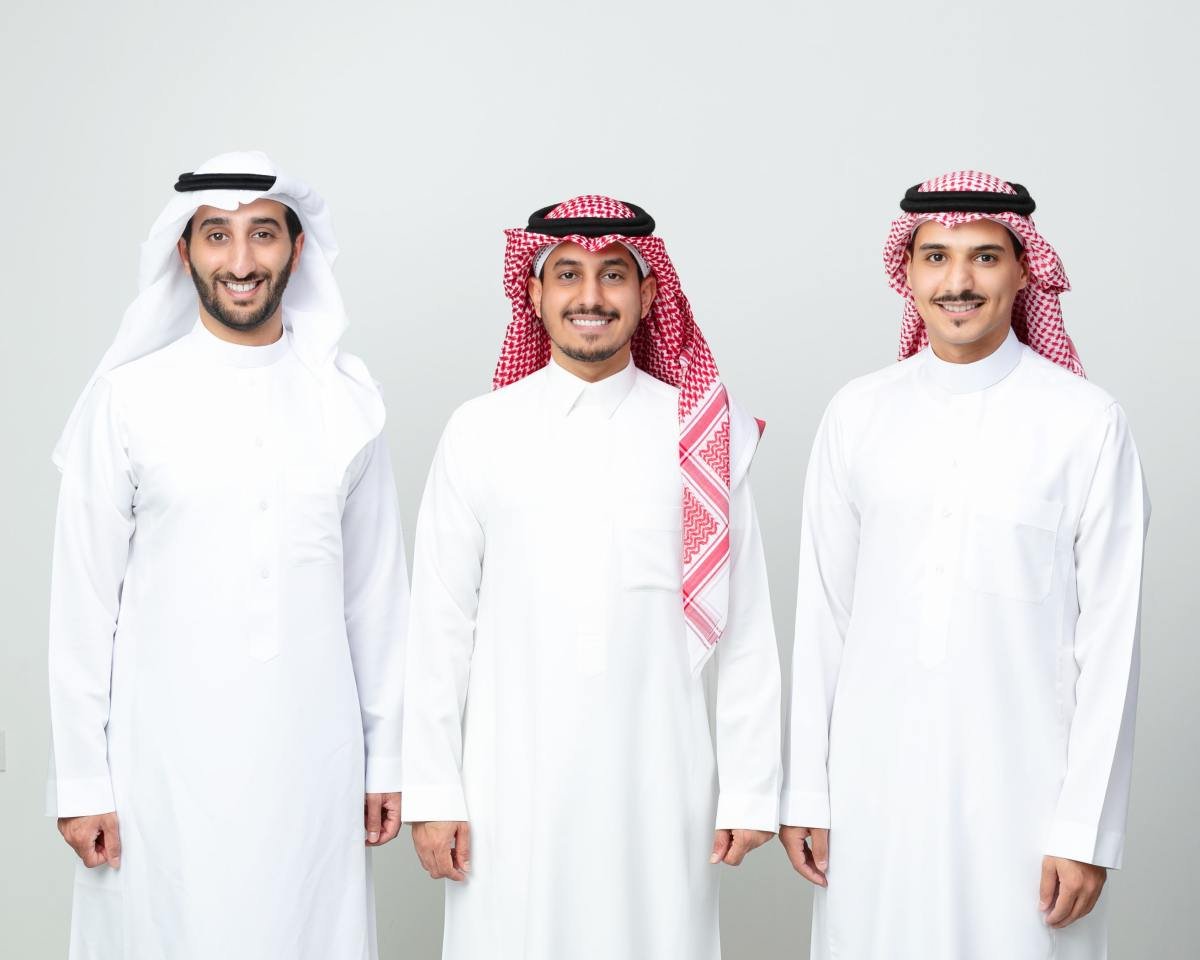The re-commerce industry is experiencing rapid growth worldwide as consumers increasingly turn to buying pre-owned goods to save money, and as the concept of conscious consumption gains traction. With the global re-commerce market projected to continue expanding, C2C online marketplaces like Soum in Saudi Arabia are positioning themselves to capture the growing market in the MENA region.
Soum was established in the Kingdom of Saudi Arabia in 2021 and is now aiming to expand its presence to other countries in the MENA region, starting with the United Arab Emirates. This growth plan is supported by a recent Series A funding round of $18 million.
The funding was led by Saudi’s Jahez Group and included participation from New-York based Isometry Capital, as well as existing investors Khwarizmi Ventures, Alrajhi Partners, and Outliers Venture Capital. This round follows a $4 million seed funding raised by Soum in 2021.
In addition to expansion, the online marketplace, which focuses on electronics as its top listings, is also diversifying its offerings by including products such as automobiles and collectibles.
“We are spreading our reach into new territories and targeting the entire MENA region. We have also begun branching out into new product categories to fulfill our vision of being a one-stop destination for buying and selling everything from phones to cars,” explained co-founders Fahad Al Hassan, Badar Almubarak, and Fahad Albassam.
“Our goal is to make the buying and selling process easier and accessible to everyone,” added Al Hassan, who previously worked as a consultant at PwC and a strategy manager at Saudi’s Ministry of Interior Transformation.
Abdulaziz Alhouti, the chief investment officer of Jahez Group, the parent company of Jahez, a Saudi food delivery platform that went public in 2021, shared his thoughts on the funding round with TechCrunch: The second-hand market has been traditionally dominated by classifieds, and they have done a good job. But as we advance further into the digital age, we need something more convenient, seamless, sustainable, and trustworthy. This is what Soum brings to the table.
Unlike traditional classifieds, Soum manages the entire selling process from listing to delivery. It collaborates with third-party logistics partners to handle deliveries, and sellers are required to submit images of their items for pre-approval before they can be listed. The platform also holds and processes payments until buyers confirm receipt of the goods, in an effort to prevent potential fraud.
According to Al Hassan, most orders are delivered within three to four days, and buyers have a one-day window to initiate returns for unsatisfactory products. The company plans to extend this return period to a week, and in some cases, even a month for certain products.
Soum generates revenue through commissions on every item sold, which is determined by various factors such as supply and demand. The commission ranges between 10% and 20% of the product value. The higher the value, the lower the percentage, and the more frequent the seller, the lower the commission becomes. So, multiple factors are taken into consideration,
explained Al Hassan. At present, Soum receives over 30,000 listings per month, with iPhones and laptops being its top-selling items.
Al Hassan is optimistic about Soum’s future growth, attributing it to the increasing popularity of homegrown solutions and Saudi Arabia’s efforts to promote local solutions and reduce reliance on international marketplaces. Data also shows a significant surge in the number of e-commerce businesses and the adoption of e-services in the country.








